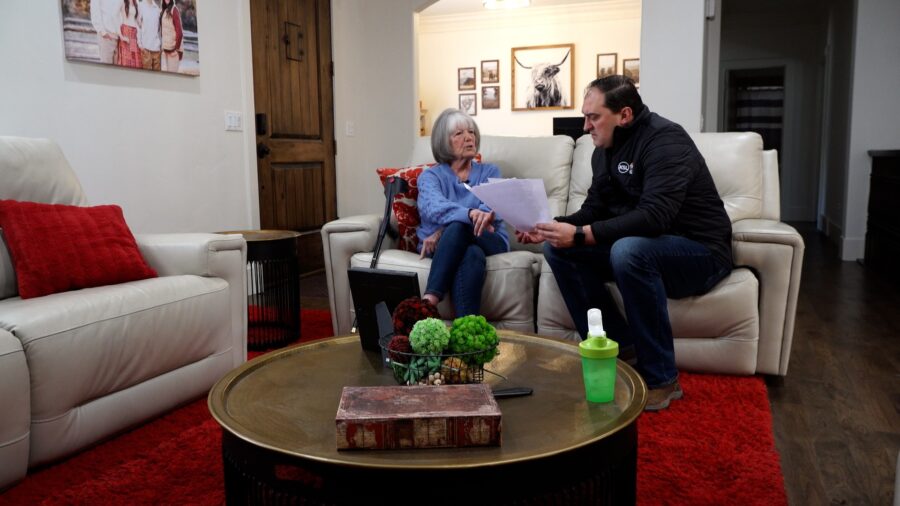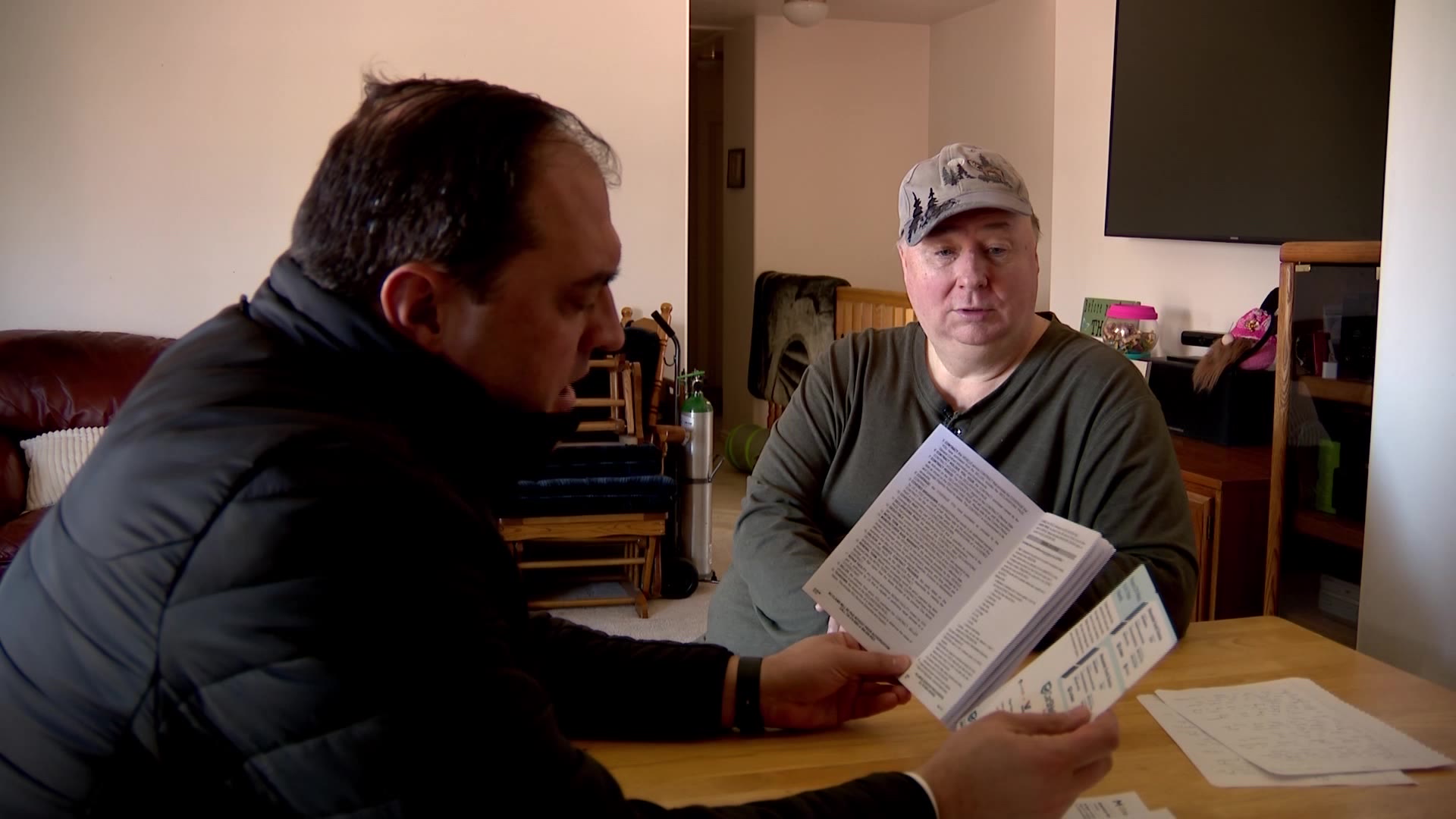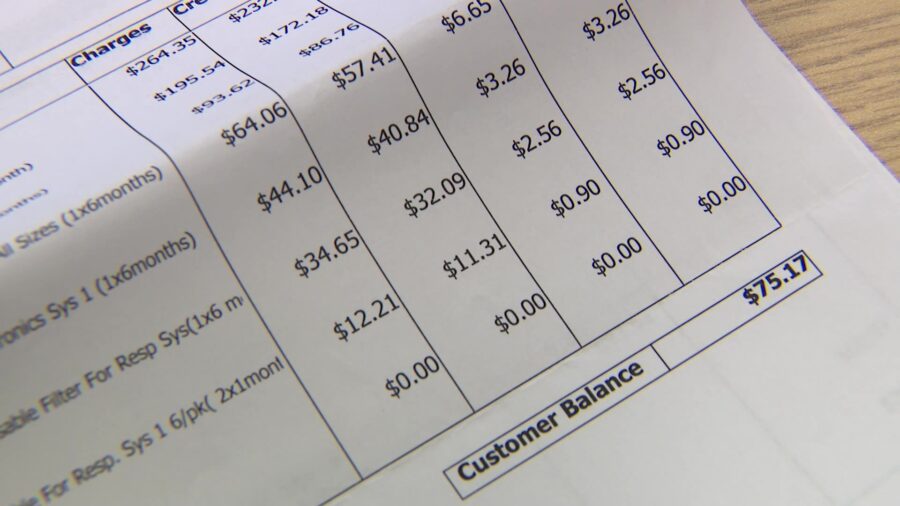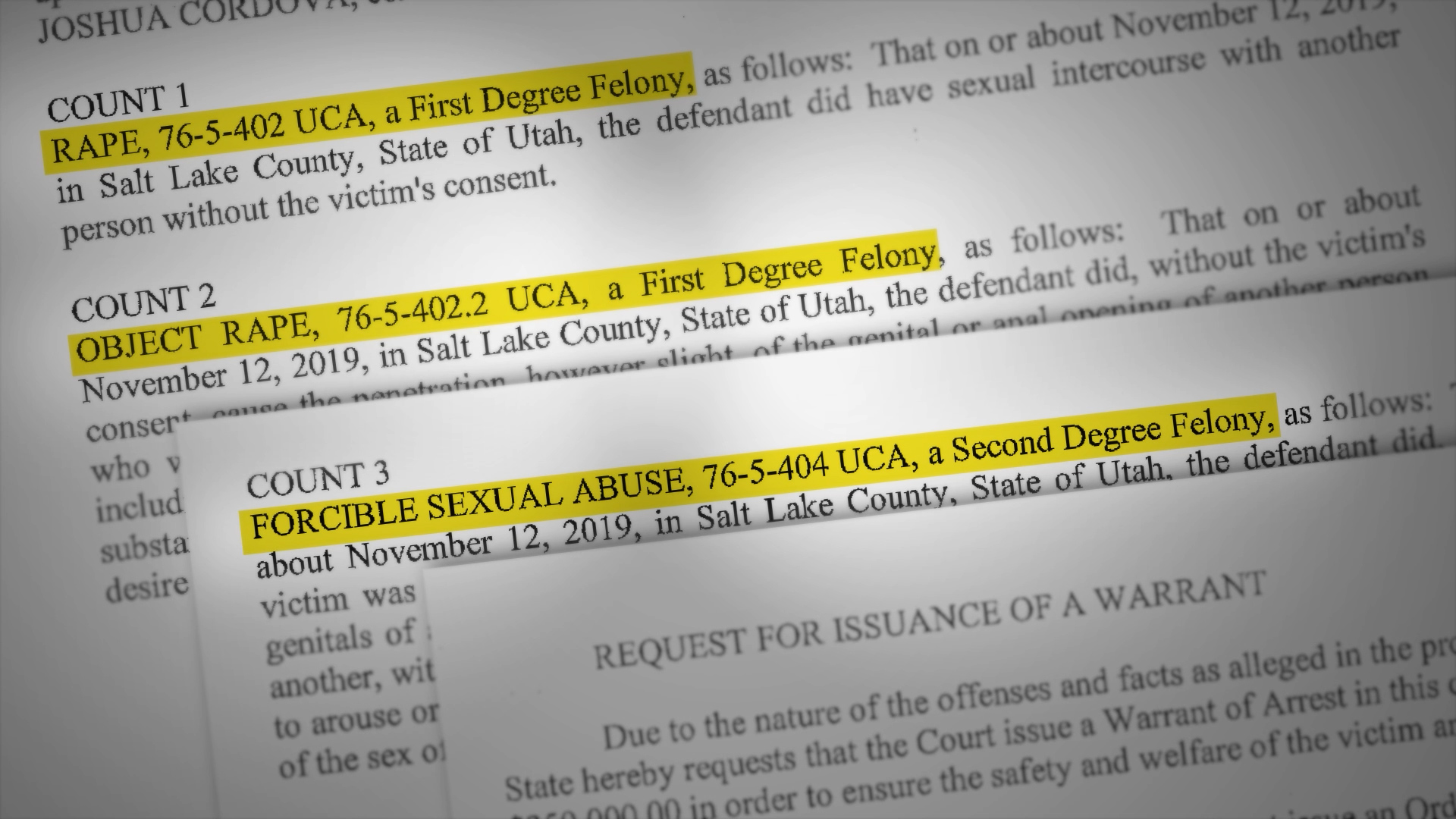Death penalty repeal fails in narrow vote after emotional, tearful debate
Feb 14, 2022, 1:34 PM | Updated: Jun 13, 2022, 4:26 pm
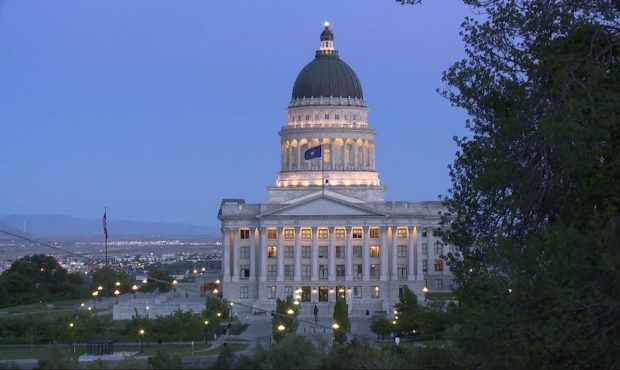
The Utah State Capitol (Photo: Derek Petersen, KSL TV)
(Photo: Derek Petersen, KSL TV)
SALT LAKE CITY – Matt Hunsaker gets nervous each February when the Utah Legislature kicks into high gear and he’s worried the state will do away with the death penalty, possibly sparing his mother’s killer from execution.
But Sharon Wright-Weeks wants Utah to take the significant step. The move would spare other families the decades of appeals that “eclipsed everything” as she awaited the execution of Ron Lafferty, she said Monday, dabbing away her tears with a tissue at the state Capitol.
Jessica Black, however, fears suspects won’t tell authorities where they hid someone’s body if a potential death sentence isn’t hanging overhead. She sobbed as she talked about the leverage leading police in Logan to the remains of her five-year-old daughter, Lizzy Shelley, in 2019.
The three were among several crime victims who gave emotional and at times tearful testimony during a legislative hearing that stretched on for nearly three hours late Monday. Many urged the House Law Enforcement and Criminal Justice Standing Committee to vote down a repeal proposal, HB147.
The panel voted to keep capital punishment in place by a slim 5-6 vote.
“This bill would remove the possibility of a death sentence for all future crimes, no matter how horrible,” said House Majority Leader Mike Schultz, R-Hooper, shortly before voting against the measure. “The future Ted Bundy could not receive the death penalty if this bill passed.”
Supporters of the measure say death sentences are outdated, expensive and rarely ever carried out as appeals crawl through the courts. Critics say they should remain on the books for those convicted of the most heinous murders.
Some lawmakers on the panel cited concern that Utah hasn’t done enough to streamline the legal process that currently allows for multiple trials and lengthy appeals. They said the state should explore ways to do so before scrapping the death penalty altogether.
“I feel like we’ve got to try that first if in fact it’s broken,” said committee vice chairman Jefferson Burton, R-Salem.
But criminal defense attorney Mark Moffat warned against that approach. He said attempts to speed the process could lead to critical errors in the cases. And those who file appeals tend to do so based on constitutional rights, he said, not state laws.
Utah may wrongly convict and send someone to death row in the future if it hasn’t already, argued Jensie Anderson, with the Rocky Mountain Innocence Center.
She said 18 people convicted of felonies in Utah have been exonerated, including one Utahn charged with a capital offense. And revelations about witnesses being paid and threatened in the case against Douglas Stewart Carter – who’s on death row for the 1985 killing of Eva Oleson – raise questions about that conviction, she said. Prosecutors dispute the claim.
Andrew Peterson, death-penalty counsel in the Attorney General’s Office, described the details of brutal murders that resulted in death sentences over the years. He said the cases like that of Taberon Honie – sentenced to die for killing and sexually assaulting his ex-girlfriend’s mother – demonstrate the need for a fitting punishment.
And while the pending measure would prohibit Utah prosecutors from seeking death sentences in the future, Peterson said it would invite challenges from those already on death row.
“This bill will not deliver on its promise,” he said.
Matt Hunsaker was 10 years old when his mother Maurine left for her job at a Kearns gas station one day in 1986 and never returned home. Her killer, Ralph Menzies, is one of seven men now on Utah’s death row.
Hunsaker said he wants it to stay that way.
“For me, it’s just seeing justice served for my mom,” he told KSL ahead of the debate at the Capitol. “It’s just seeing that the system finally followed through all the way from the beginning to the end.”
After Connecticut and New Mexico abolished capital punishment for future cases, those states’ supreme courts ultimately spared death row inmates from execution, he noted.
It’s not clear how Utah’s justices would decide a similar lawsuit. But attorney Marina Lowe, with the ACLU of Utah and the libertarian-leaning Libertas Institute, said courts in other states have allowed similar laws to stand.
The Utah bill seeks to add a new possible term of at least 45 years and up to life in the Utah State Prison, in addition to existing options of 25-to-life and life without parole.
Rep. Lowry Snow, its sponsor, told lawmakers the death penalty is a theory, not a reality in Utah, because so few people are ever executed.
“I think it’s time for Utah to get rid of this albatross,” said Snow, R-Santa Clara.
‘A counterfeit promise’: Brenda Lafferty’s sister urges Utah to finally ditch the death penalty
Retired 1st District Judge Kevin Allen, who presided over the murder case for Lizzy Shelley’s uncle, Alex Whipple, dismissed claims that law enforcers would be shortchanged in negotiations. He believes crews would have found the girl’s remains within days if Whipple hadn’t offered to provide her location in exchange for prosecutors taking the death penalty off the table.
For one lawmaker on the committee, Monday’s lengthy debate wasn’t enough.
Rep. Kelly Miles, R-South Ogden, who voted in favor of the bill, said he believes it warrants debate and a vote in the full House and Senate.
“An issue this big that has such profound implications, I would ask that we take it to the floor, get the insight from our other colleagues,” he said.
Top prosecutors in Salt Lake and Grand counties, along with Utah’s branch of the NAACP, spoke in favor of the bill. The Utah Sheriff’s Association, Davis County Attorney Troy Rawlings and the Utah Crime Victims Legal Clinic testified against it.
Have you experienced something you think just isn’t right? The KSL Investigators want to help. Submit your tip at investigates@ksl.com or 385-707-6153 so we can get working for you.



